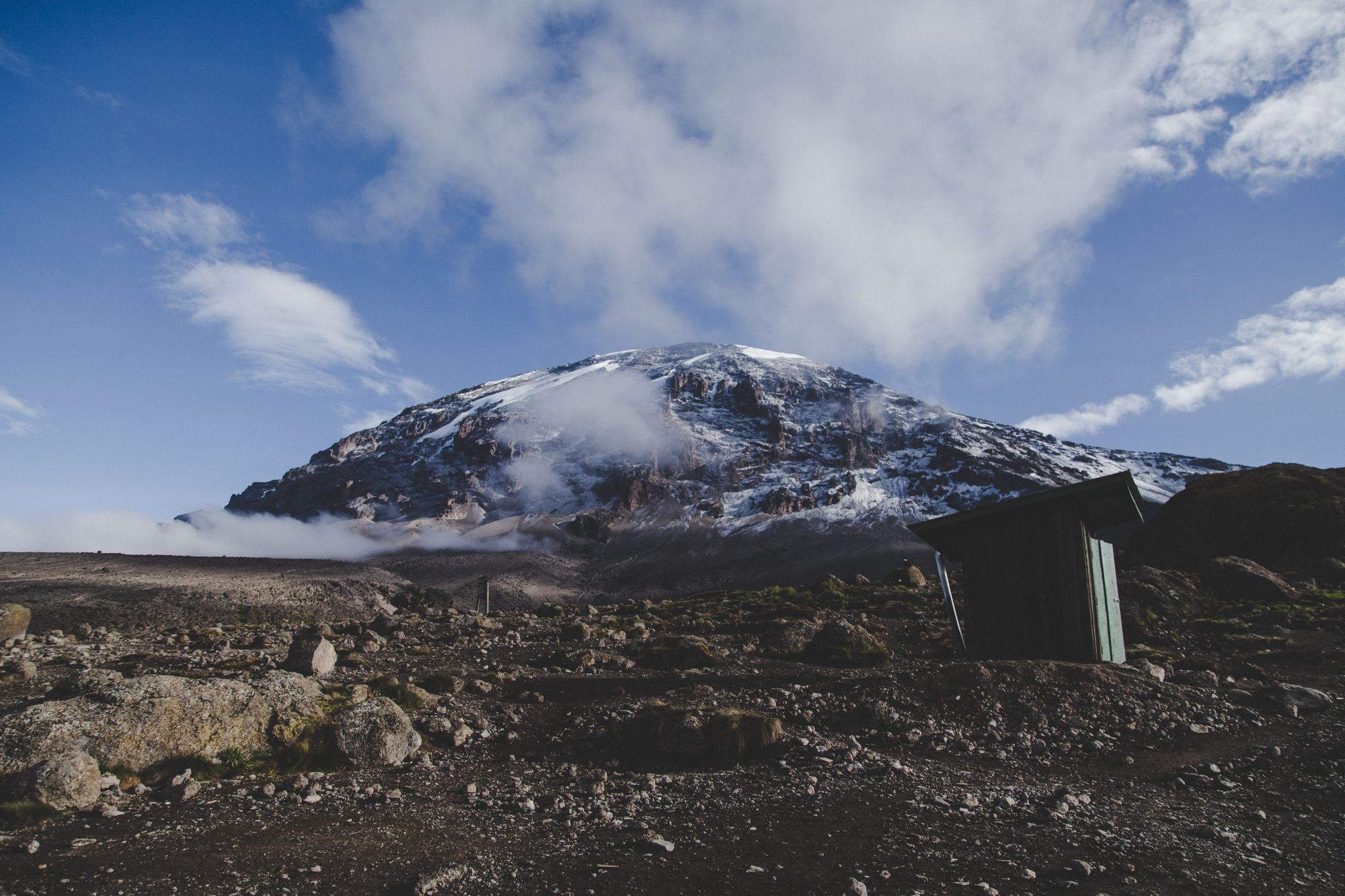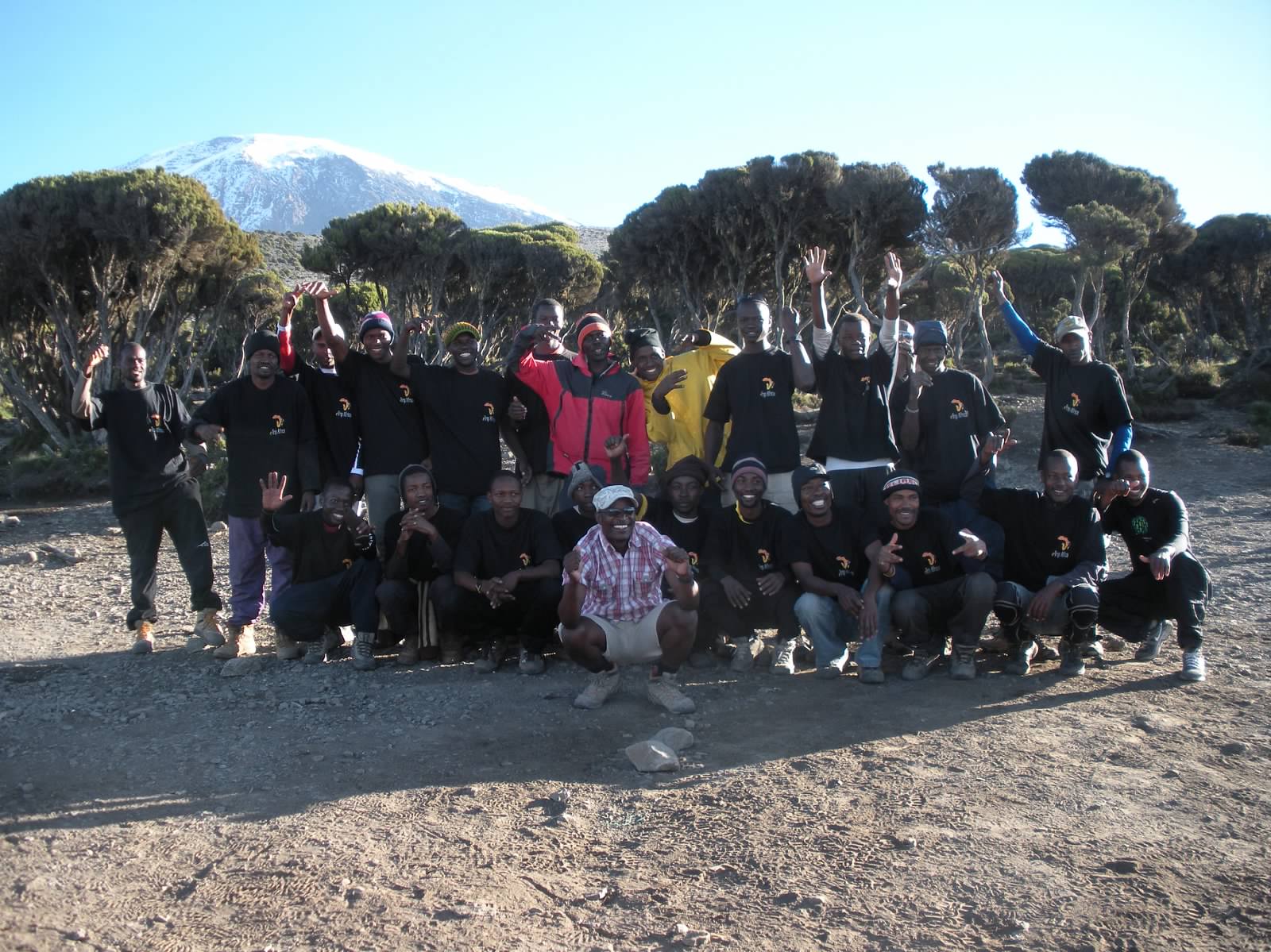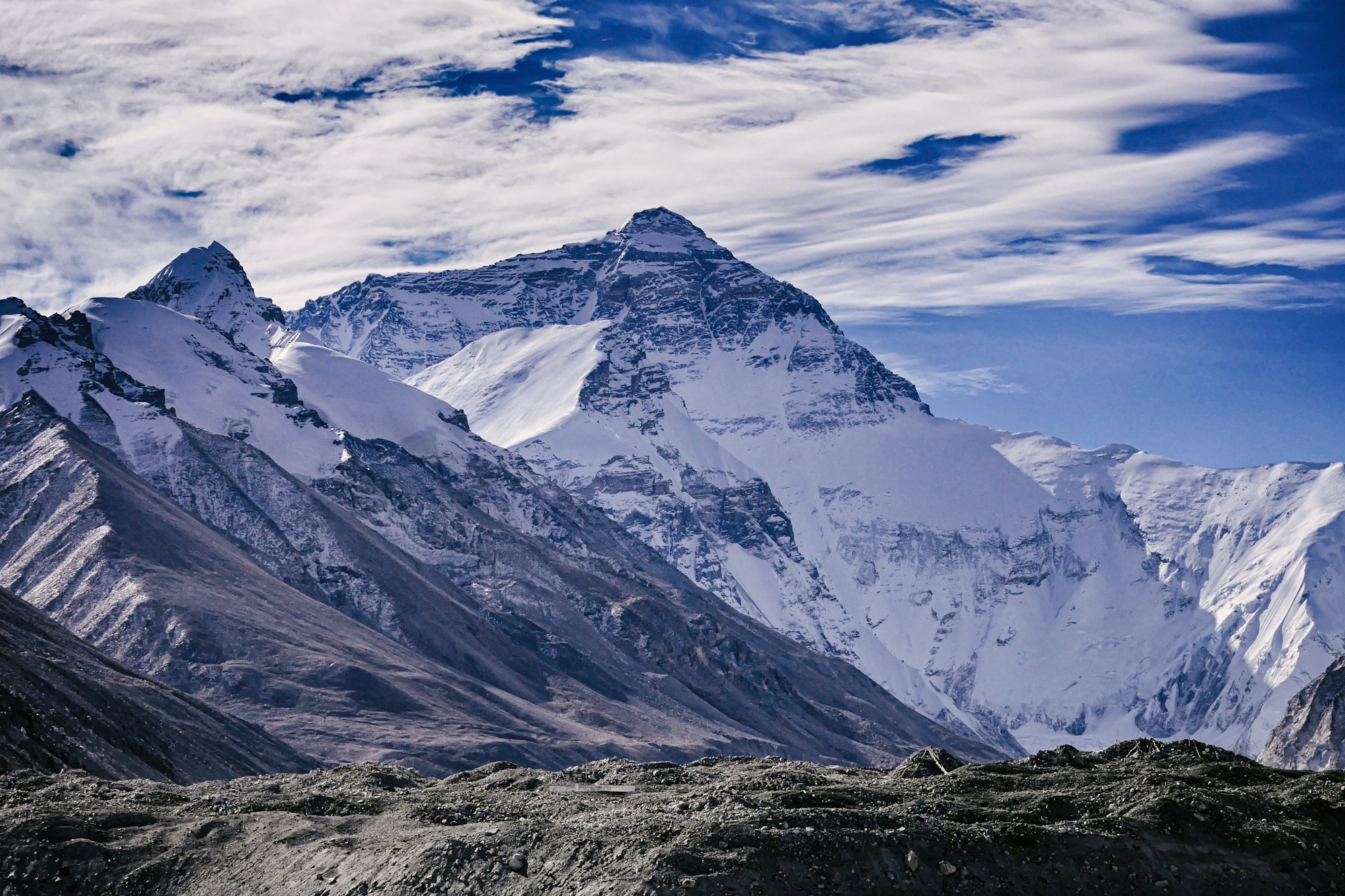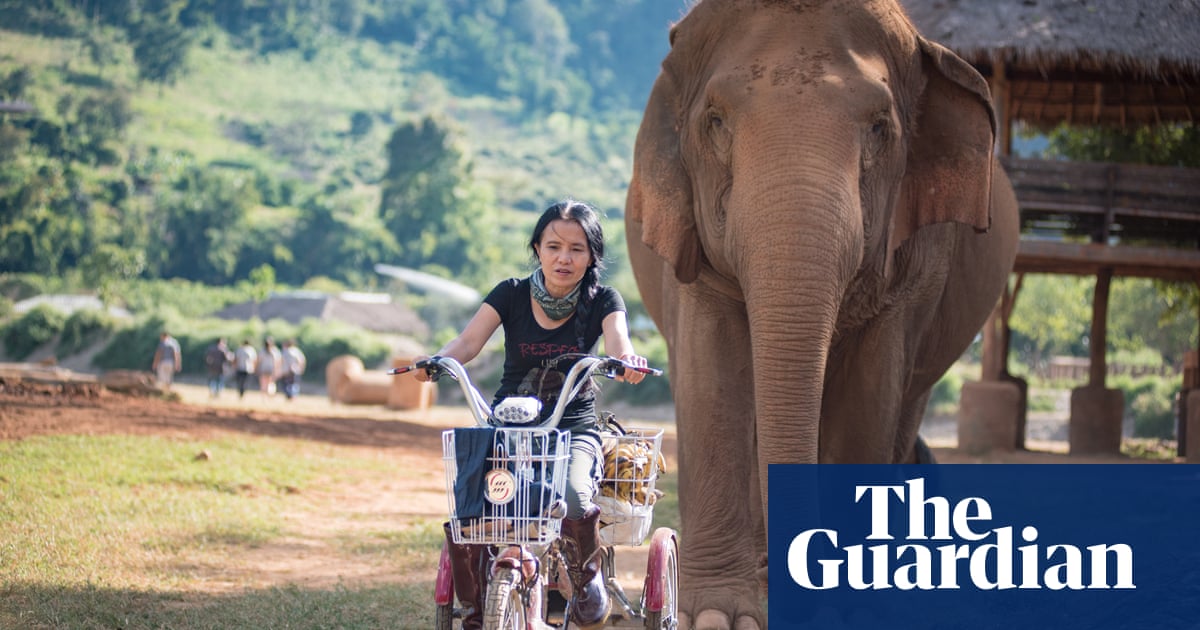
As tempting as this may sound, now is not the time to demand a deal for adventure travel
If you're anything like me, you have already started to look at flight costs to far-flung places. Since this is what I do for a living, for me it's mission-critical that not only I get back on the road, but that all you intrepids do, too. Eager to take on new challenges, visit new cultures, pick up from where you and I left off.
We miss our adrenaline rushes, big time. I get it.
Many if not most of us may not have the funds we might have otherwise had to pay for those adventures. Even if we are flush with funds, it might be awfully tempting to go shopping for the inevitable fire sales that some trekking companies may offer in order to tempt you to choose them.

Couple things to consider here.
For destinations like Macchu Pichhu, Kilimanjaro and others, name recognition is likely to draw you to those sites. For every huge international trip planner and organizer big enough to pay thousands of dollars for PR to get clients, there are hundreds, if not thousands of local operators struggling to compete. Hiring those local folks, on one hand, can be a statement towards sustainability. But not always. That's where it's important to do your due diligence beforehand.
When I climbed Everest Base Camp in 2014, there were something close to 900 operators, mostly local. Similar numbers compete for your tourist dollar in Peru, which has been brutally hard hit by Covid. Kilimanjaro as well. Many if not most of those local operators began as porters, then became guides. Then, because the lure of the fees that climbers pay is too much not to strike out on your own, they start their own firm. Some operators, like Ace the Himalaya, have joined Rotary, developed solid business and marketing skills. They're still local but they are solid, well-run businesses which also donate a goodly portion of their funds directly back into their communities.
This arc isn't much different in the US, where guides decide to start a business. But businesses fail badly when guides aren't entrepreneurs, and this is precisely where the problems come in: learning how to make money, reinvest, and grow a firm.
Let's talk about fixed costs.
Here is an outline of the costs to head up Everest:

The permit alone, from the Chinese, has leapt too:
Part of the surge in pricing comes from the fact that China has recently raised the price of the permit to climb the mountain from the North Side, going from $9950 to a whopping $15,800. Nepal is expected to follow suit by raising the price of its permits too, although as of this writing that hasn’t happened yet.
While some guides are absolutely ready to run an operation, know the requirements for everything from medical training to supplemental oxygen, not all do. That is one reason why Everest climbers have died in unprecedented numbers in recent years: low-cost, low-quality operations which are willing to take inexperienced people up a very difficult mountain.
Some countries like India have started to put far tougher restrictions on climbers who don't have the experience. While that might help protect some folks from dying, it won't stop many operators from trying to undercut each other for your business.

Here's why it's such a bad idea to go cheap.
For example, there are significant fixed costs involved when someone climbs a popular mountain like Kilimanjaro, which is a far more accessible climb for many more of us. Without going into deep detail, you can assume that those costs, which any and all operators must pay the Tanzanian government, make up about two-thirds or more of your overall trip expenses, not including travel, your gear, hotel, and other related expenses like your visa.
If you find a slip of paper advertising that you can climb Kili for $1500-1800 stuck to a bulletin board outside a Moshe coffee shop, that's almost like signing a potential death warrant. Especially if you think you can summit in three days.
The short version of why this is so dangerous is that rushing into high altitude is incredibly foolish for your body. Then, the operator, after paying the fixed fees, has to cut costs somewhere. That "somewhere" nearly always comes out of one or all of three common buckets: food quality, personnel quality (getting medically-trained guides is far less likely) and porter income. Porters are almost always drawn from local indigenous peoples, and they have traditionally been the poorest-paid and equipped of all those on the mountain.
So imagine trusting your life to a rushed trip, poorly-paid porters who may or may not get adequate food or be properly dressed, subject to possibly unappetizing food when it's critical that you eat, eat well, and a lot, and people who don't know what to do if you get ill. People get ill for all kinds of reasons, not just altitude. Knowing the difference could mean your life. This kind of thing happened before Covid, and it's likely to be worse after Covid.
You should assume that fixed costs have to be paid by any operator in most any country where tourism is a major draw. Whether it's a hotel or a hostel, or a high-priced safari business, tourist income is a major revenue source for countries with big attractions like the Amazon, Everest or Kilimanjaro. The government has to get its share, so operators from tiny to titanic have to pay them first. Those costs are not negotiable.
So any operator, faced with that absolute, must carve those costs out of someone. Those "someones" are often your local crew, which can and does affect your safety.
What you can do
Please consider, if your money is short, waiting until you've saved enough to invest in a well-trained outfit. Wherever you travel, take the time to research those companies you're considering. Many hire local talent as suppliers, so you're still supporting the local economies.
If you do have the funds, please consider making an investment in your health, success and enjoyment on your post-Covid adventure. If Kilimanjaro is on your list, you can find a list of Partner Companies in the Kilimanjaro Porters' Assistance Project here.
You can also easily research admirable companies focused on doing the right thing locally with this Guardian article:

No matter where you plan to head once the vaccines have made travel available again, please be respectful not only of your own health but that of those who work so hard to serve you where you go. So often the best places are the poorest, and many of those have been hurt even more by Covid. Ideally, select an operator who hires locally, pays well, and by doing so, protects your investment and the lives of those who are hired to protect your life and safety on your next Big Adventure.


Comments powered by Talkyard.